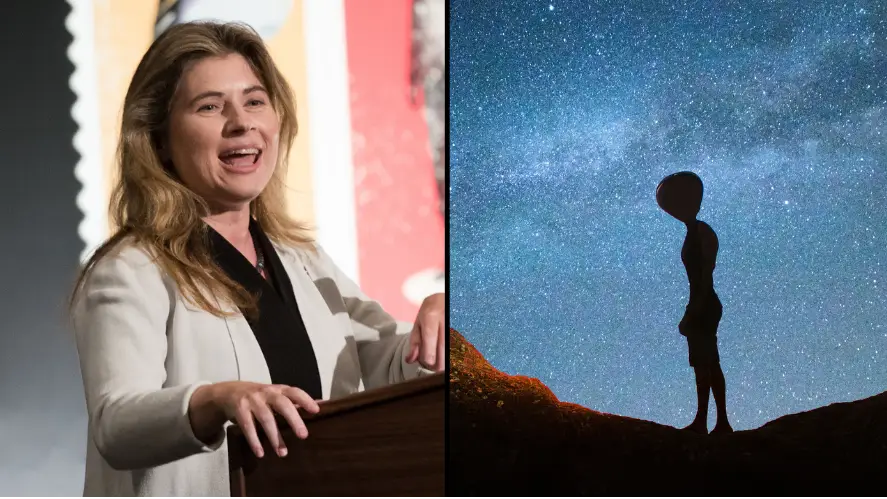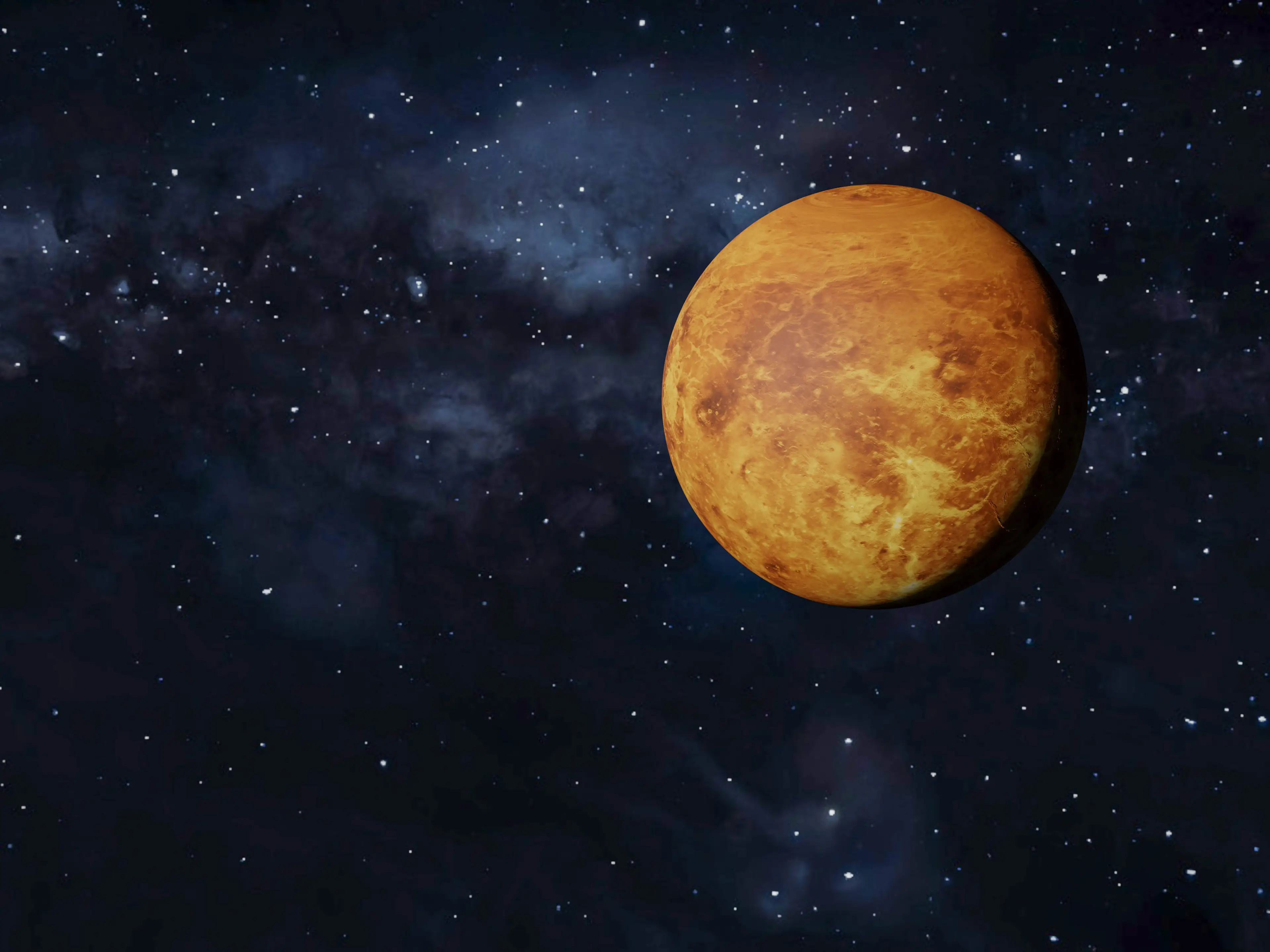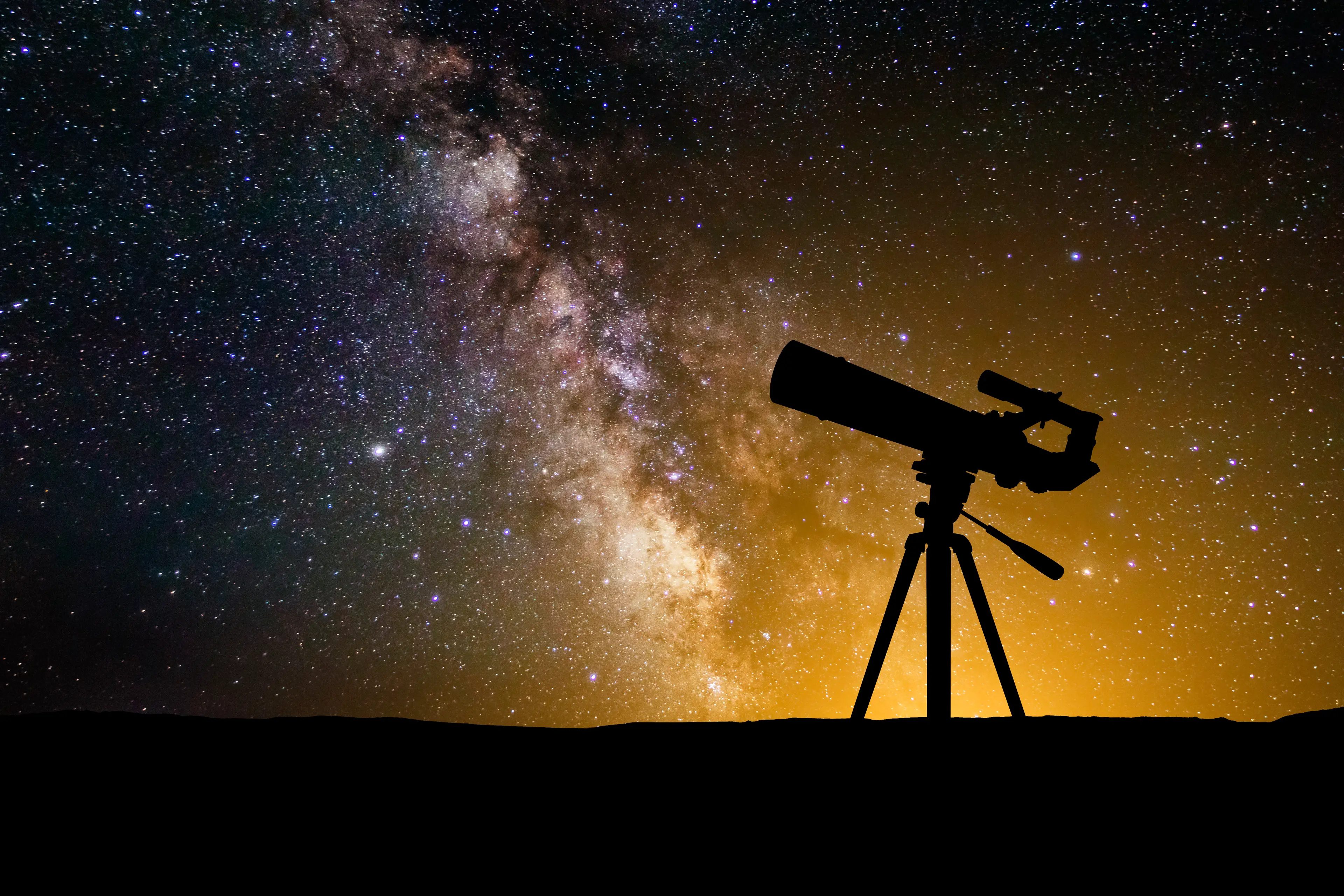
A NASA scientist says she’s ‘absolutely certain’ there’s alien life in our Solar System, and they’re most likely hiding in Venus.
Dr Michelle Thaller, a research scientist at the space agency at the Goddard Space Flight Centre, recently sat down with The Sun to talk about all things extraterrestrial.
According to Dr Thaller, she’s certain our little green friends have set up shop on the second planet from the sun, where the conditions are unbearable for humans.
"I never expected Venus. Venus is now one where we see something in the atmosphere that looks very much like it could be produced by bacteria,” she said.
Advert

"I think it’s only a matter of time until we have proof that it’s in the Solar System,” Dr Thaller said while speaking about collecting evidence to confirm life beyond Earth.
However, NASA is holding off disclosing evidence until it's 100 per cent sure life exists on the rocky planet.
"But that’s the thing, we’re waiting until there’s nothing else it could possibly be because can you imagine the kind of trouble we’d get in,” she continued.
"We don’t have absolute proof yet. Do I think there’s life out there? Absolutely."

In September 2020, a team of researchers led by Jane Greaves of Cardiff University in Wales reported the detection of phosphine on Venus, which is only produced by microorganisms living in a very low-oxygen environment.
Recently, while speaking to the Royal Astronomical Society's National Astronomy Meeting 2023, Greaves said she and her colleague began analysing the atmosphere of the planet via the James Clerk Maxwell Telescope (JCMT) at the Mauna Kea Observatory in Hawaii, as per Space.com.
“We now have five detections over the last few years, from three different sets of instruments, and from many methods of processing the data,” Greaves said, according to Forbes.
“We’re getting a clue here that there is some steady source, which is the point of legacy surveys—to show whether that’s true or not.”
But she warned that it doesn't necessarily point to aliens even if her team could confirm phosphine was in or below the planet's clouds.
"There’s a big school of thought that you can make phosphine by lobbing phosphorus-bearing rocks up into the high atmosphere and kind of eroding them with water and acid and stuff and getting phosphine gas," Greaves said her speech, according to Space.com.
I guess, only time will tell.